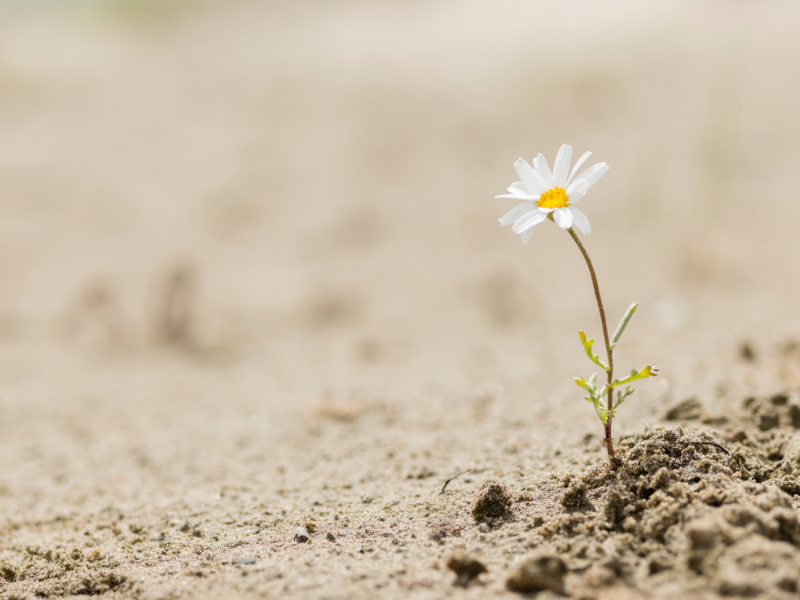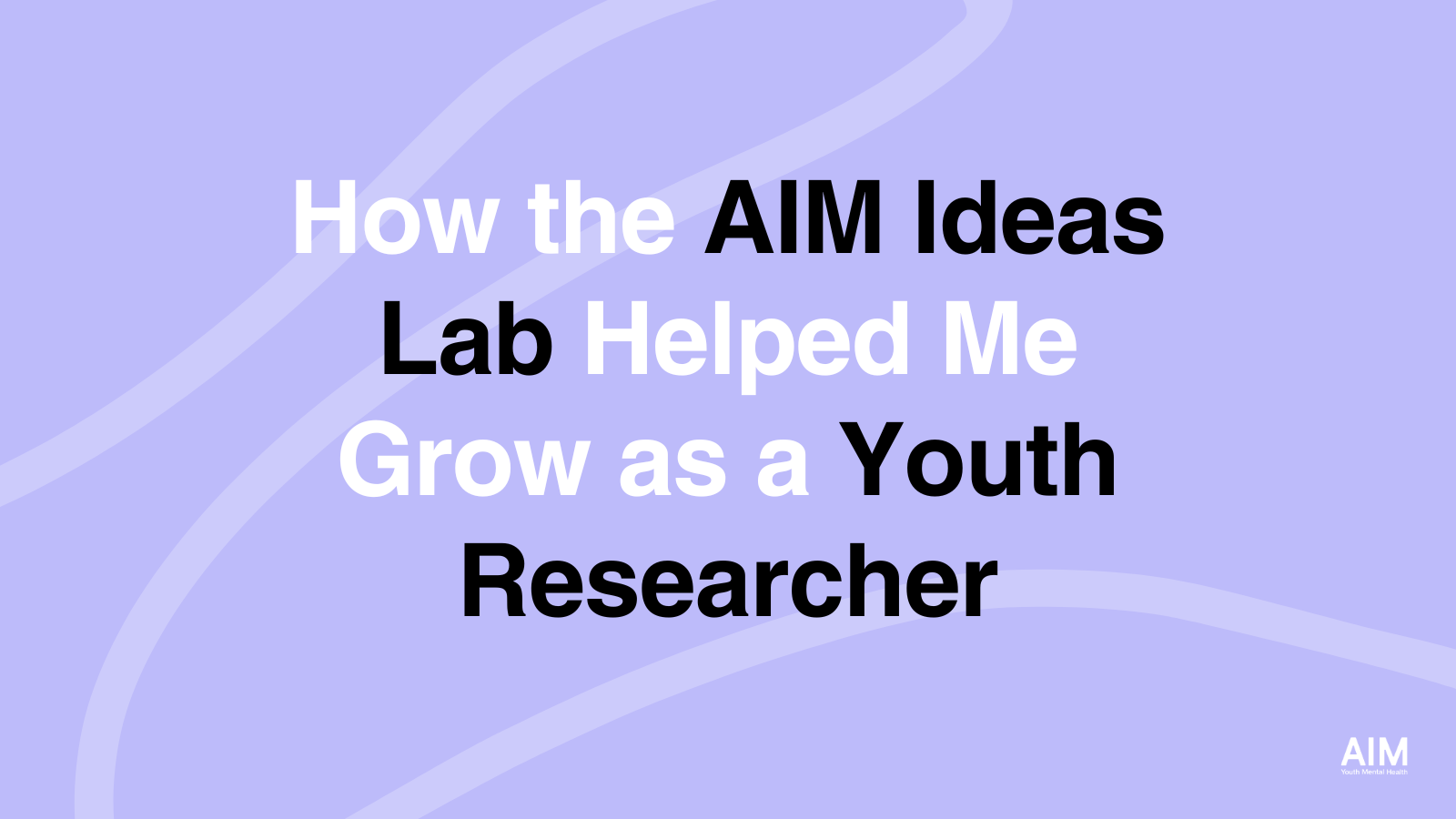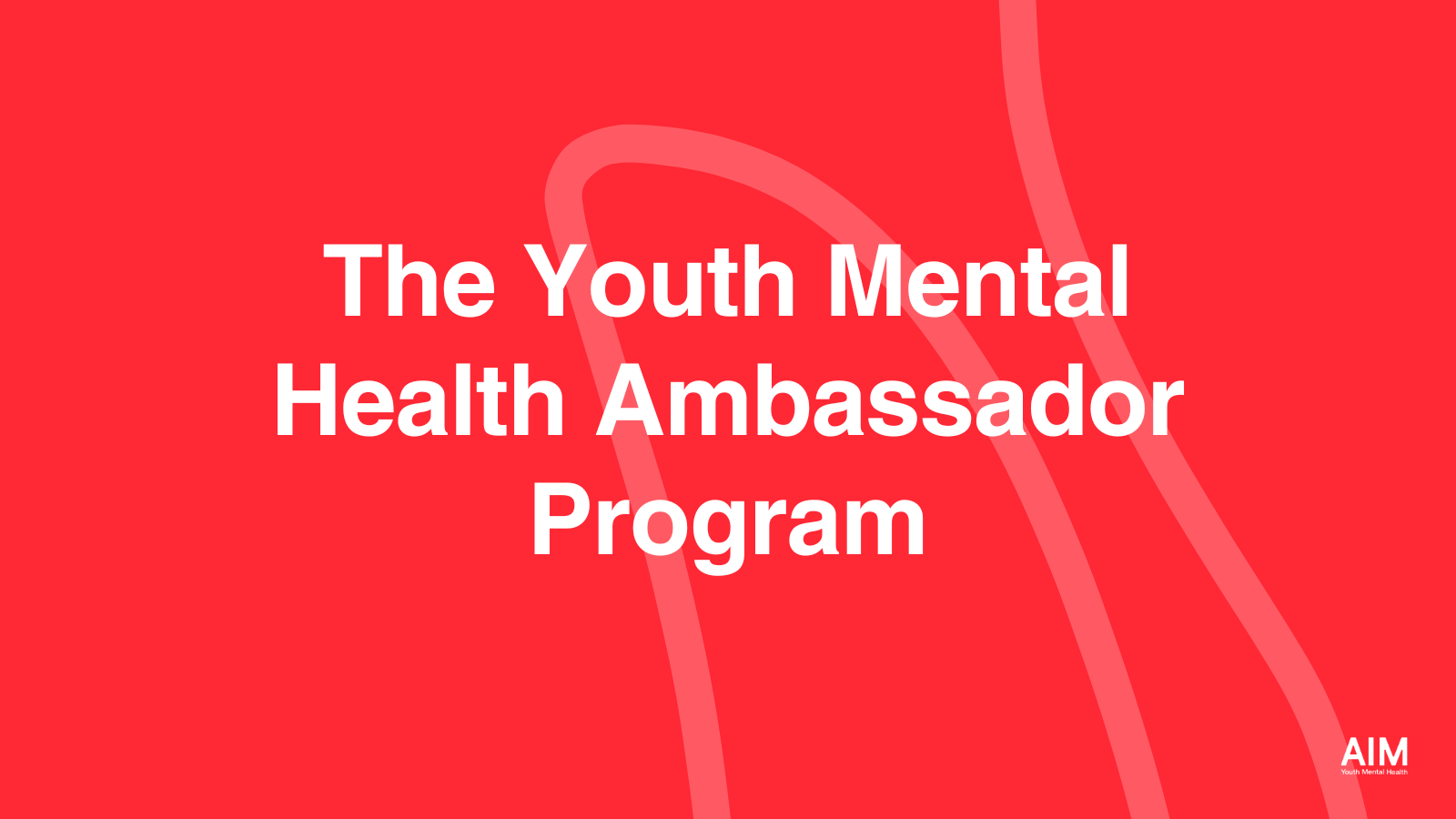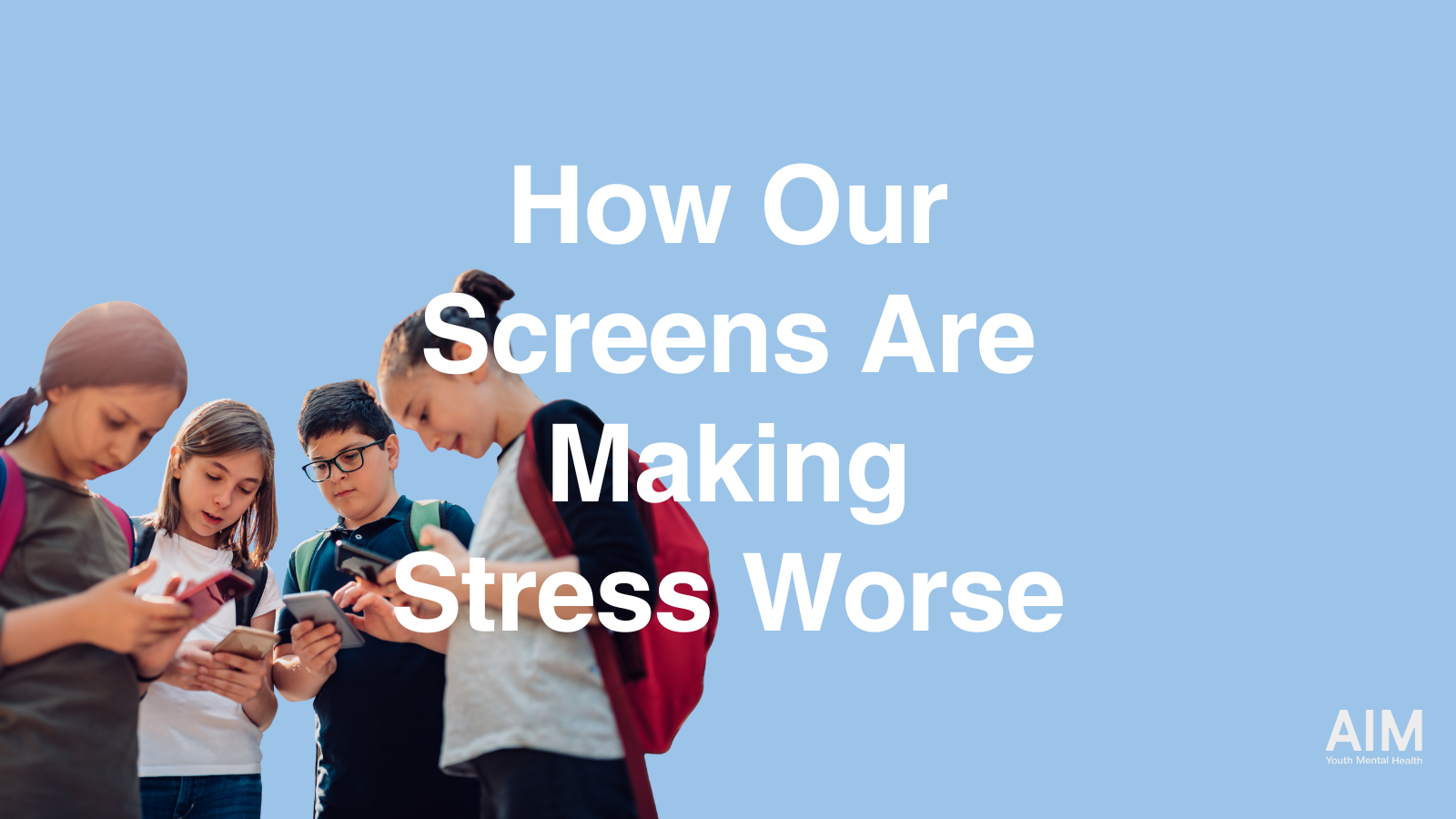Resilience is the ability for an individual to be strong in the face of adversity. To be purposeful, creative, optimistic, and tenacious. Having resilience can be an important protection from certain mental health symptoms like anxiety and depression and help us handle present mental health conditions. Whether resilience is inherent within you, or something you have to work towards, practicing can help you experience emotional growth and be a source hope in the midst of a tragedy. These strategies have proven to have a significant impact in building mental and emotional resilience.
Practice Acceptance:
You can’t control everything. You can’t make life foolproof. You can, however, learn to be okay with what is out of your control and have strength to face difficulties as they arise. This involves accepting reality as it is. We know, accepting life is challenging when things are painful. But accepting doesn’t mean agreeing. Accepting is simply allowing yourself to have certain emotions and take them for what they are. Let’s practice. Close your eyes and focus on your breath. Notice your thoughts and what emotions you are feeling. Now, let those thoughts pass. Come up with an accepting statement such as “It is what it is.” Or “This too shall pass.” Repeat as needed.
Set SMART goals: Setting realistic physical, social, and emotional goals helps to build resilience. Choosing the right SMART goals (specific, measurable, attainable, realistic, time-bound) and working toward them provides motivation to stay the course, regardless of your situation. To gain a deeper internal connection, set goals with a sense of purpose or meaning beyond yourself.
Focus on what you can do: That is: staying home (if you can), practicing physical distancing, wearing a mask in public, washing your hands, being a good neighbor and a good friend. You have the power to make good things happen – to help flatten the curve and get us back to some normal sooner.
Turn negative thoughts into hopeful outcomes: It is not uncommon for your mind to wander toward the negative. Try to turn those thoughts into hopeful outcomes. Things might be different, but our society has a chance to return to a better place. To give the environment the time to breath, give our minds and bodies a break from a fast-paced life . . . even to reframe how we as a society treat mental health – as it is important now more than ever.
Practice emotional resilience: Try to experience three positive emotions such as optimism, joy, and curiosity for every one negative emotion. How to experience the positive? Simple things like getting outside, cuddling a pet, listening to music, or sending a thank you (text, call, note) to a friend or family member. Feeling positive emotions can build your emotional resilience and increase your ability to persevere over time.
Be creative in your problem solving. Can’t see people in person? Connect with a video call over Zoom. Gym is closed? Take an online workout class in your living room! Can’t get to the grocery store? Dig deep into your pantry and be innovative with the ingredients you already have on hand. While it is frustrating not being able to do the things you are used to doing, there are so many opportunities to be inventive with what you have and can do!
Give empathy. Everyone is suffering in one way or another right now. Be a support system for someone who needs it. But also find emotional support from friends or family when needed to maintain your own emotional health. Asking for help is a sign of strength that builds social resilience.
For the majority of us, building resilience does not happen overnight. Just like anything, it takes time to develop. Focusing on these strategies, can help you grow mentally and emotionally, ultimately, being stronger in the face of adversity. In the midst of all this chaos, resilience will push us through the uncertainty. It will allow us to grow as individuals, and as a world. We will get through this together.





